For days, the police in Japan had released reports that former Prime Minister Shinzo Abe’s suspected assassin, Tetsuya Yamagami, had a grudge against a “specific religious organization” that he believed had bankrupted his mother. Until now, the mainstream media had stayed clear of saying which one.
But on July 11, Tomihiro Tanaka, president of the Japanese branch of the Family Federation for World Peace and Unification, commonly known as the Unification Church, broke the silence and addressed a limited number of journalists in a press conference.
The aim, Tanaka said, was to clear up the speculation on the link between Yamagami’s motive and the church. His answers to questions from the media speak for themselves.
Excerpts follow.
What has been Tetsuya Yamagami’s involvement in the Unification Church?
Tetsuya Yamagami is not a believer of our church, there is no record of him being a believer.
His mother has been a member since the late 1990s. This would have meant since the time Tetsuya Yamagami was a teenager. At the time, it was possible that he came with his mother to learn. There is no record of it, so I don’t know, but I don’t think that he was at the level of being a member.
He has never expressed his frustration to the [church] members who are currently there.
What was Yamagami’s mother's involvement in the Church?
Tetsuya Yamagami’s mother is a member of our church and attends our services about once a month.
I believe the mother joined in 1998. But it was many years ago, there is no exact information.
When we double-checked with people onsite, I heard that she went bankrupt in 2002. As far as I can tell people [in the church] were not aware of it at the time. We don’t know why she went bankrupt.
There is no record of whether or not she was asked to make a donation after she went bankrupt. But we still have partial information of the people who were working there at the time, and we are investigating.
His mother was a successful member [of the church] for a while. After that, she didn’t come for some time. From the information I have right now, there was no contact [with her] between 2009 and 2017.
About two or three years ago, she started contacting the members of the church again. In the last six months, she has been coming about once a month.
Recently, two months ago, she came to an event. There was one priest with whom she has had a relationship of trust, but that doesn’t mean that she came to all events and gatherings.
What donations was Tetsuya Yamagami’s mother making to the Church?
Because this is a police matter, I would like to avoid commenting on this. If there is a request from the police, we will collaborate fully on this matter. At any rate, we declare our finances to the Japanese authorities, so you can also investigate there.
How do donations work in the Church?
There are various types. In terms of the amount, we believe that people donate on the basis of their feelings. There are no requests for donations at most of the functions that we organize.
In some cases there are people who donate large amounts, and we are grateful because if they didn’t we wouldn’t be able to exist. But we don’t have a required amount for each person.
What do your teachings say about donations?
There is a handbook which provides the basis for teaching believers. In there, [donating] one-tenth of the believer’s income is mentioned.
Apart from that, there are also special donations. For example, if you are thankful for something, or if you get married. Those [donations] are based on one’s own volition.
Have you ever heard of people coming to your church who have gone bankrupt?
If there were, I imagine the people around them would support them. But it’s not that we report from the church to headquarters about bankruptcy, and each household has its own circumstances.
We don’t have a practice of going after people who we know are bankrupt, I don’t think that’s happened.
Does it happen that you tell people to stop donating or risk going bankrupt?
Yes, in fact, that happens more often.
What rules do you have on compliance?
On donations, we have had some problems. But in 2009 our chief at the time held a press conference, and the point he stressed the most was compliance. Since then compliance has been something we have been aware of and have striven to improve. From that point of view, we have changed as an organization.
Since then, there has been no trouble of that type.
What was the relationship between Shinzo Abe and the Unification Church?
Shinzo Abe sent a video message to an event organized by a friendly organization [Universal Peace Federation].
But Abe was never a member of the Unification Church, nor did he ever become an advisor to the church, I want to make this clear.
Was there any exchange of money between you and the Liberal Democratic Party?
No, not in either direction.
How do you view the link between Tetsuya Yamagami’s motive and the Unification Church?
If the reports are correct, that [our church] was really the motive behind the behavior of Tetsuya Yamagami, we will take that very seriously. If the name [of our church] causes uneasiness and worry among society, we will also have to take that seriously.
But we believe there is a large gap between having a grudge against the church and committing the crime against Shinzo Abe, and frankly, we find the allegations quite bewildering. I think that the police are already investigating the motive to the best of their ability.
Why do you think Tetsuya Yamagami would accuse a Church Organization such as the Unification Church?
Perhaps he couldn’t distinguish between us and our friendly organization [UPF].
Each organization has its purpose and vision, and if one understood that [difference], then I don’t think one would have thought that [our two organizations] were so connected.
RELATED:
Author: Arielle Busetto

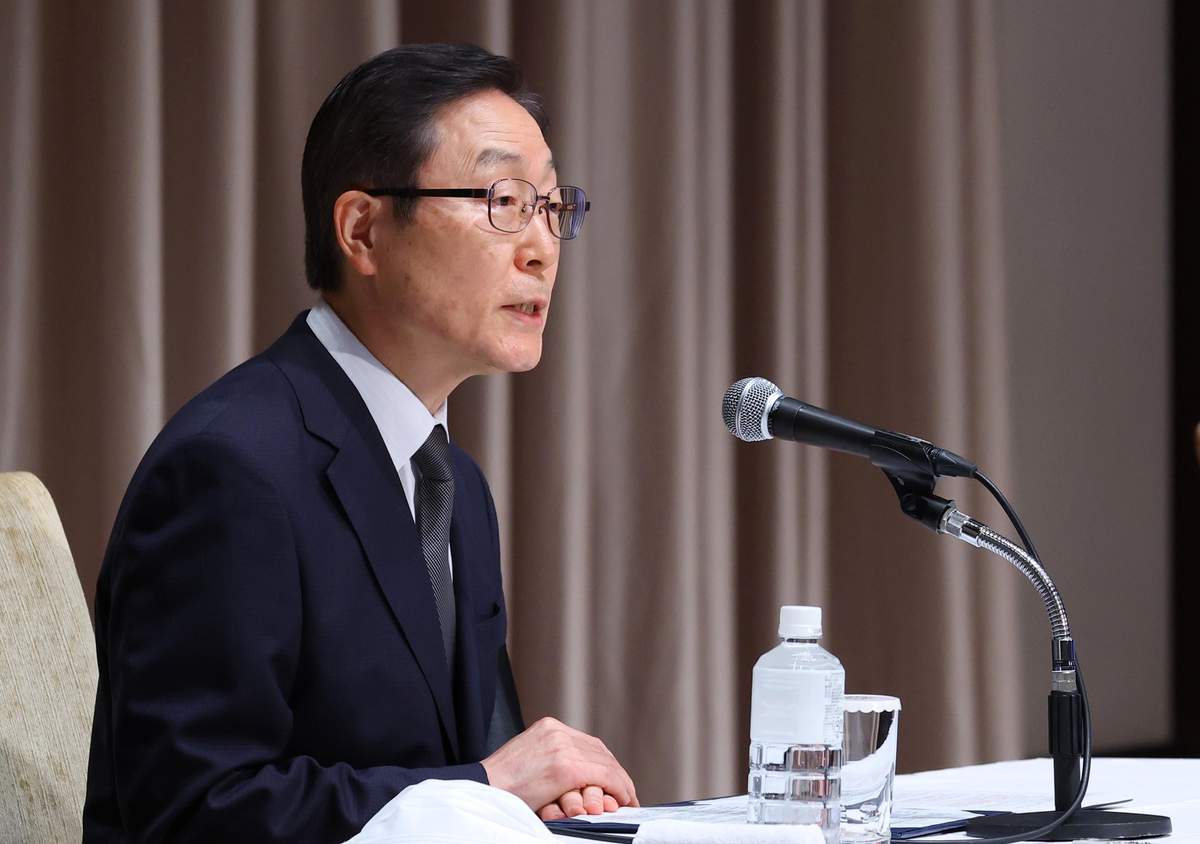

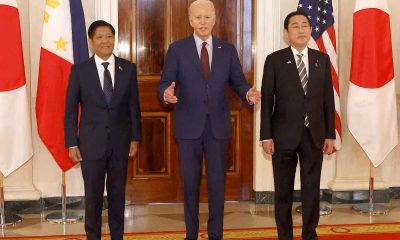

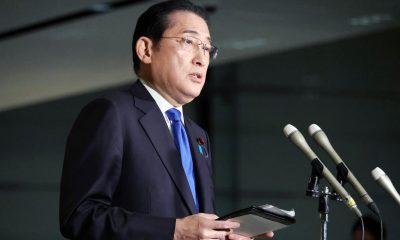



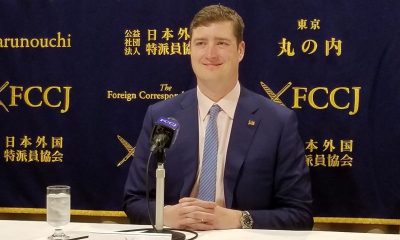

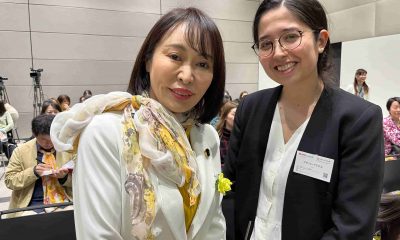



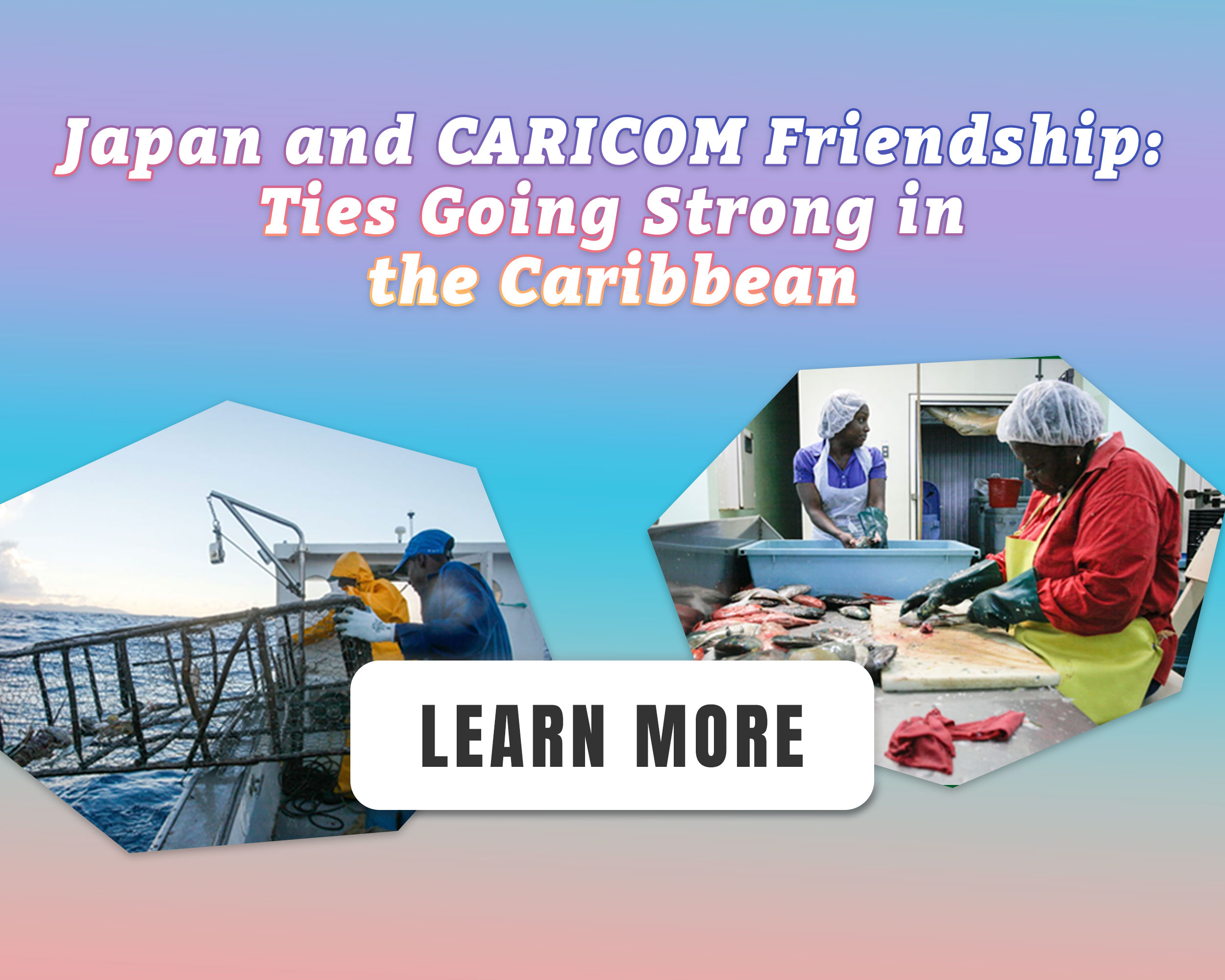
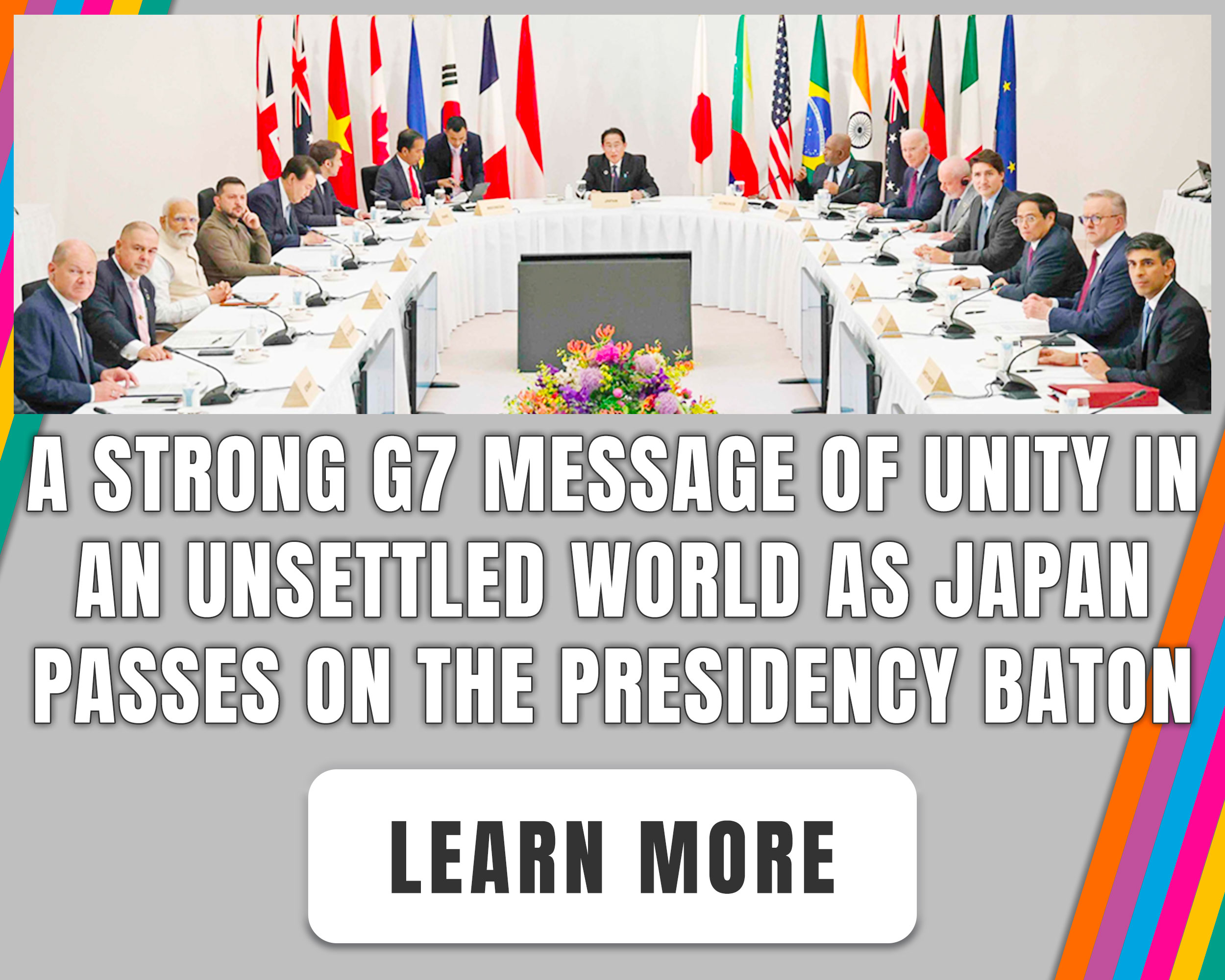
You must be logged in to post a comment Login